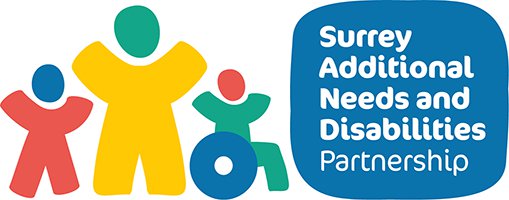What is an Education, Health and Care (EHC) plan?
Education, Health and Care (EHC) plans are for children and young people aged 0 to 25, who have special educational needs and/ or disabilities (SEND), and need a much higher level of support than can be delivered through universal or targeted services such as schools.
It brings the child or young person's education, health and social care needs into a single, legal document. The purpose of the process is to produce a coordinated plan for children and young people with the most complex arrangements across education, health and social care services.
Where children and young people are able to express their views, interests and aspirations, the EHC plan should be created with these in mind. EHC plans for children and young people with profound disability, including non-verbal individuals, should take into account their likes, dislikes and personality.
You need to have an EHC needs assessment before an EHC plan can be issued.
Children and young people who had a Statement of Special Educational Needs (SSEN) were gradually transferred to an EHC plan by 1 April 2018.
What the SEND Code of Practice says:
The SEND Code of Practice provides statutory guidance to local authorities and other organisations that provide support for children and young people with special educational needs and disabilities (SEND). It sets out what local authorities must do to support children and young people with SEND and how they should carry out these duties.
SEND Code of Practice chapter 9.2
"The purpose of an EHC plan is to make special educational provision to meet the special educational needs of the child or young person, to secure the best possible outcomes for them across education, health and social care and, as they get older,
prepare them for adulthood. To achieve this, local authorities use the information from the assessment to
- establish and record the views, interests and aspirations of the parents and child or young person
- provide a full description of the child or young person's special educational needs and any health and social care needs
- establish outcomes across education, health and social care based on the child or young person's needs and aspirations
- specify the provision required and how education, health and care services will work together to meet the child or young person's needs and support the achievement of the agreed outcomes"
